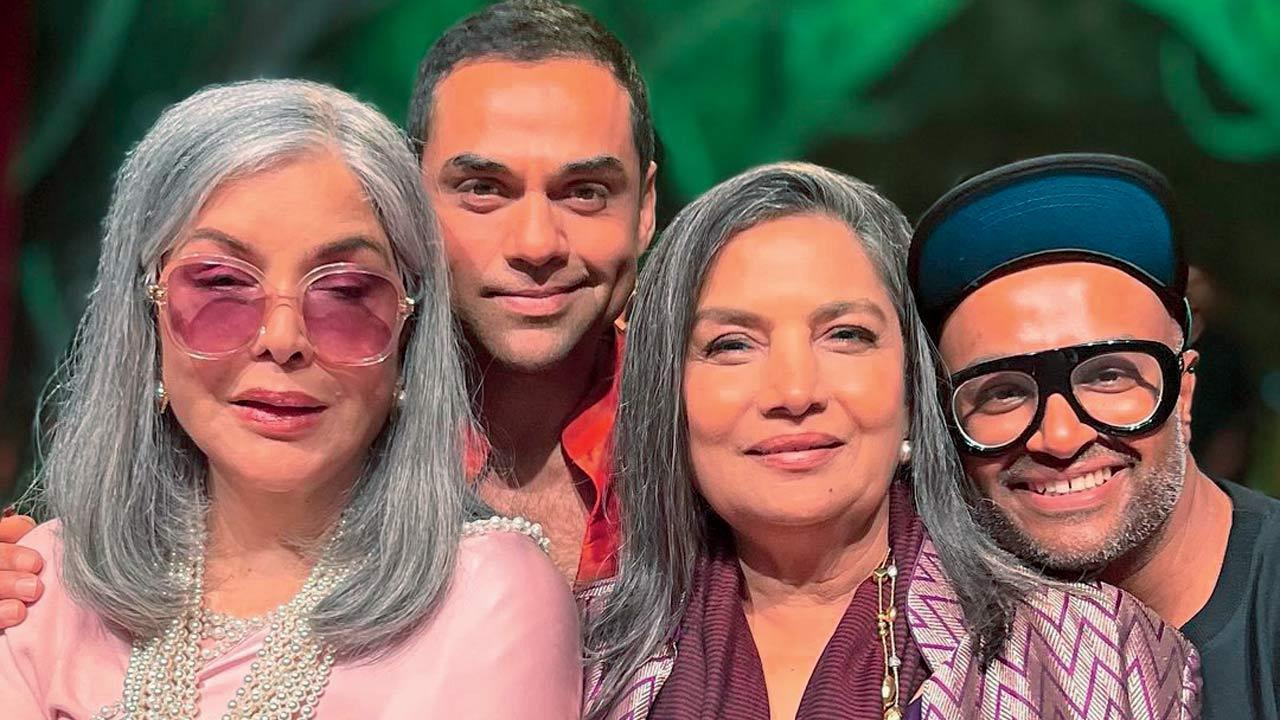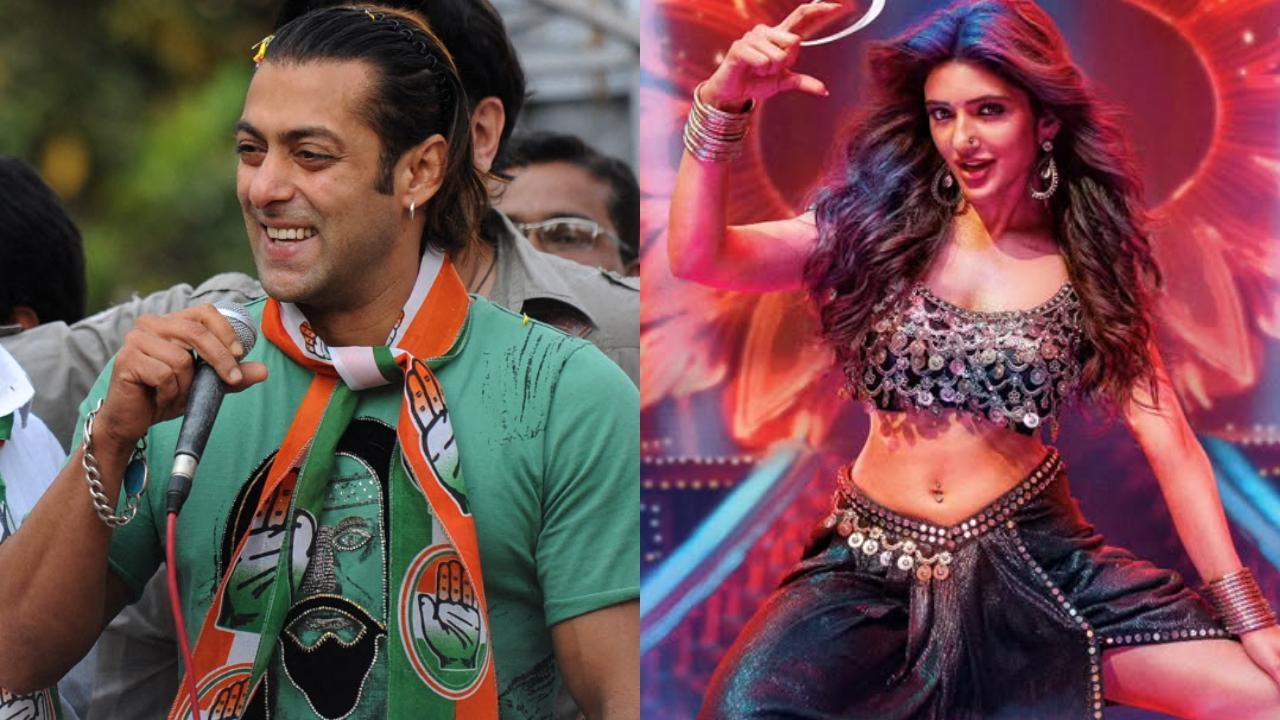
Dutch forward Steven Bergwijn recently completed his high-profile transfer from Ajax to Saudi Pro League side Al-Ittihad, setting the footballing world abuzz. This move, however, ignited a controversy that was exacerbated by Netherlands’ head coach Ronald Koeman. Earlier this week, Koeman declared that Bergwijn’s time with the national team had come to an end, citing a perceived lack of sporting ambition as the primary reason. This statement has triggered an intense backlash from the player himself, who has vehemently opposed Koeman’s public remarks, creating a dramatic rift within Dutch football.
Bergwijn, who made his Netherlands debut in 2018 under Koeman, has since become a prominent figure for the Oranjes, earning 35 caps and contributing significantly with eight goals and three assists. Despite this positive track record, Koeman’s recent comments have put a substantial dent in their professional relationship.
Speaking exclusively to Dutch newspaper De Telegraaf, Bergwijn did not hold back his feelings about Koeman. “I don’t even want to play for this manager anymore. I won’t play for someone who portrays me like he has done in the media. He could have called me, heard my side of the story. How can he say such things without talking to me?” Bergwijn articulated, reflecting his deep-seated frustration and disappointment.
The tension between the two is particularly intriguing given their history. Bergwijn’s international career under Koeman’s management had been largely positive. However, Koeman’s decision to publicly question Bergwijn’s motivations appears to have been the breaking point.
The football community has been quick to respond to the situation, with fans, pundits, and former players expressing varying viewpoints. Many argue that Koeman’s comments could be seen as an unwarranted attack on Bergwijn’s character, especially given the lack of private discussions prior to the public declaration.
. On the other hand, some believe that Koeman’s assessment could be a wake-up call for Bergwijn to reassess his career priorities.
It’s also essential to examine the broader implications of Bergwijn’s transfer to Al-Ittihad and how this has affected perceptions of his ambition. Moving to a league that is not typically deemed as competitive as Europe’s top divisions could suggest that financial incentives played a significant role in his decision—a point that aligns with Koeman’s criticism. However, others argue that the growing investment in the Saudi Pro League could elevate its competitive standards, thus providing a valid reason for top players to consider such a move.
Adding another layer to this complex situation is the financial aspect of Bergwijn’s transfer. Ajax, the club where Bergwijn honed his skills, will receive a transfer fee exceeding 21 million euros from the Saudi Arabian club. This transaction underscores the significant commercial interests intertwined with professional football, raising questions about the true essence of ‘sporting ambition’ in today’s game.
For now, it appears that Bergwijn and Koeman are at an impasse, with neither party willing to back down. In such scenarios, the role of mediators or influential figures within the Dutch football federation could be crucial in navigating this conflict towards a resolution. Coaches, teammates, and federation officials may need to step in to facilitate communication and possibly mend the fractured relationship.
Looking ahead, the Netherlands national team faces critical assignments with upcoming Euro and World Cup qualifications. Losing a player of Bergwijn’s caliber could pose a challenge for Koeman, who will need to rely on the remaining squad to step up. For Bergwijn, the move to Al-Ittihad marks a new chapter, and whether he will eventually reconcile with the national team setup remains uncertain.
In conclusion, the spat between Steven Bergwijn and Ronald Koeman highlights the intricate dynamics of modern football, where personal ambitions, public perceptions, and commercial interests intersect. As the story unfolds, it will be vital to observe how both the player and coach navigate the ensuing months and whether any path for reconciliation emerges, for the benefit of Dutch football and its loyal supporters.










